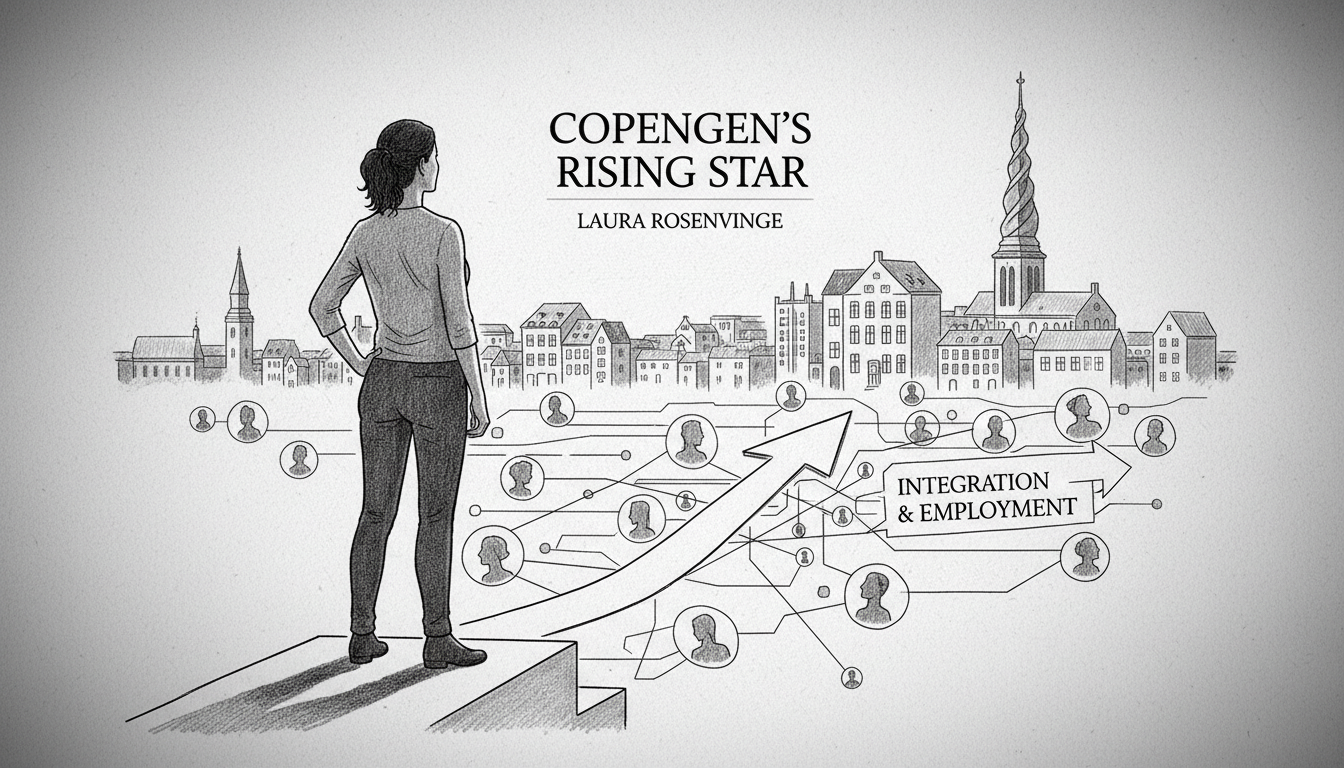A political newcomer has emerged as Copenhagen's most successful Social Democrat candidate in recent municipal elections. Laura Rosenvinge now joins four other party members competing for a single powerful position overseeing employment, integration and business policy. Her campaign secured nearly twenty percent of votes in the Husum district, outperforming rival parties in that area. This victory makes her the only Social Democrat to win an electoral district outright during the party's otherwise disappointing electoral performance.
The competition for this influential role comes at a critical moment for Danish integration policy. Copenhagen faces ongoing challenges incorporating new residents into its labor market and social fabric. The city's approach to integration often serves as a model for other Danish municipalities. Whoever assumes this position will shape how thousands of residents access employment services and integration programs.
Rosenvinge's grassroots success in Husum demonstrates changing political dynamics within urban Danish communities. The district represents the type of diverse neighborhood where integration policies meet daily reality. Her ability to connect with voters there suggests practical understanding of community needs. This local credibility could prove valuable in developing effective social policies.
Danish integration efforts typically focus on language acquisition, employment placement and cultural orientation. Municipal social centers serve as primary contact points for these services. The new borgmester will oversee how Copenhagen allocates resources across these critical areas. Their decisions will directly impact both newcomers and established residents.
Recent statistics show mixed results in integration outcomes across Danish cities. Educational attainment gaps persist between immigrant backgrounds and ethnic Danes. Employment rates also vary significantly across different demographic groups. These challenges make the integration portfolio particularly consequential for Copenhagen's future social cohesion.
The selection process will reveal much about the Social Democrats' direction following electoral setbacks. Party leadership must choose between established figures and emerging talent like Rosenvinge. Their decision will signal whether the party prioritizes experience or fresh perspectives in addressing urban challenges.
Copenhagen's approach to integration often influences national policy debates. The city's experiments with language requirements, employment programs and community engagement frequently inform discussions at the national level. This makes the borgmester position more significant than its municipal title might suggest.
What practical difference might Rosenvinge's local success make in policy formulation? Her ground-level experience in Husum could bring valuable insights to citywide integration strategies. Understanding neighborhood-specific challenges often proves crucial in developing effective social programs. This local knowledge sometimes gets lost in broader policy discussions.
The final selection will occur through internal party negotiations in coming weeks. The chosen candidate will then assume responsibility for one of Copenhagen's most challenging and watched policy areas. Their leadership will help determine whether the city's integration model remains effective amid changing demographic realities.

